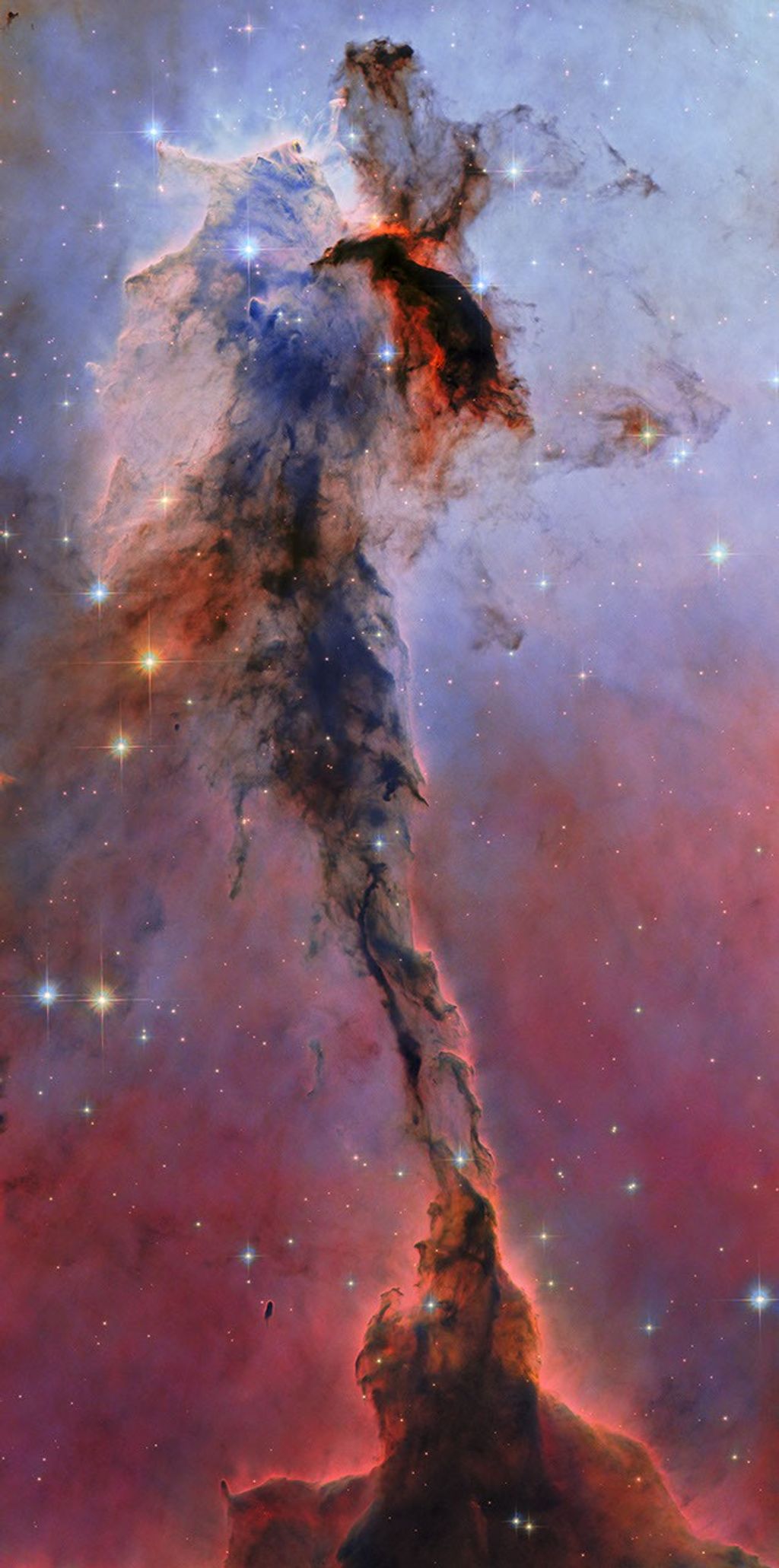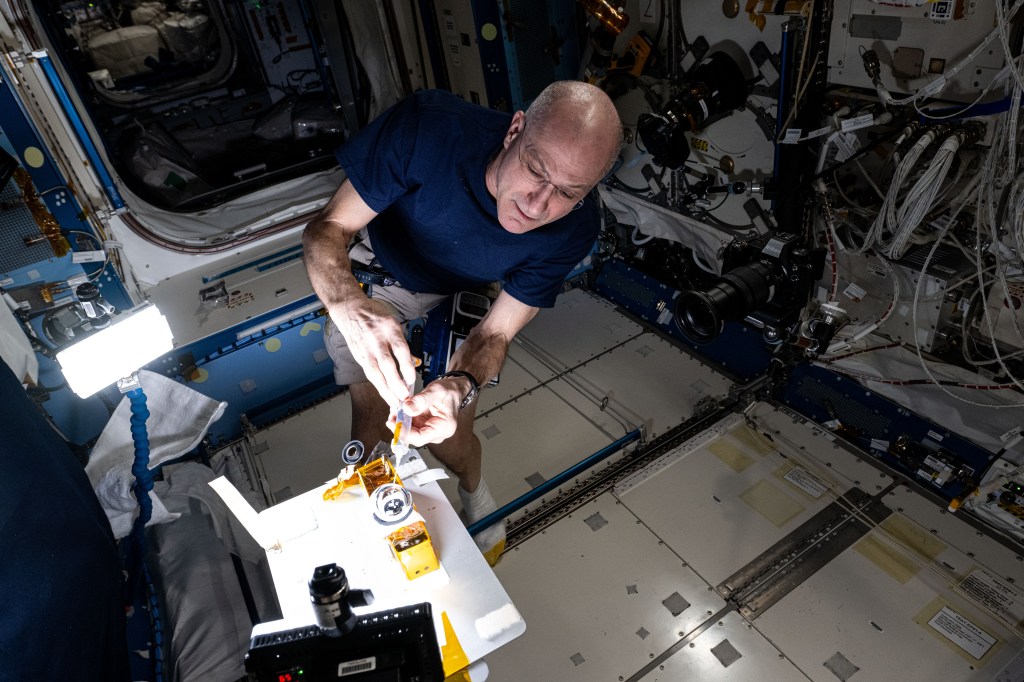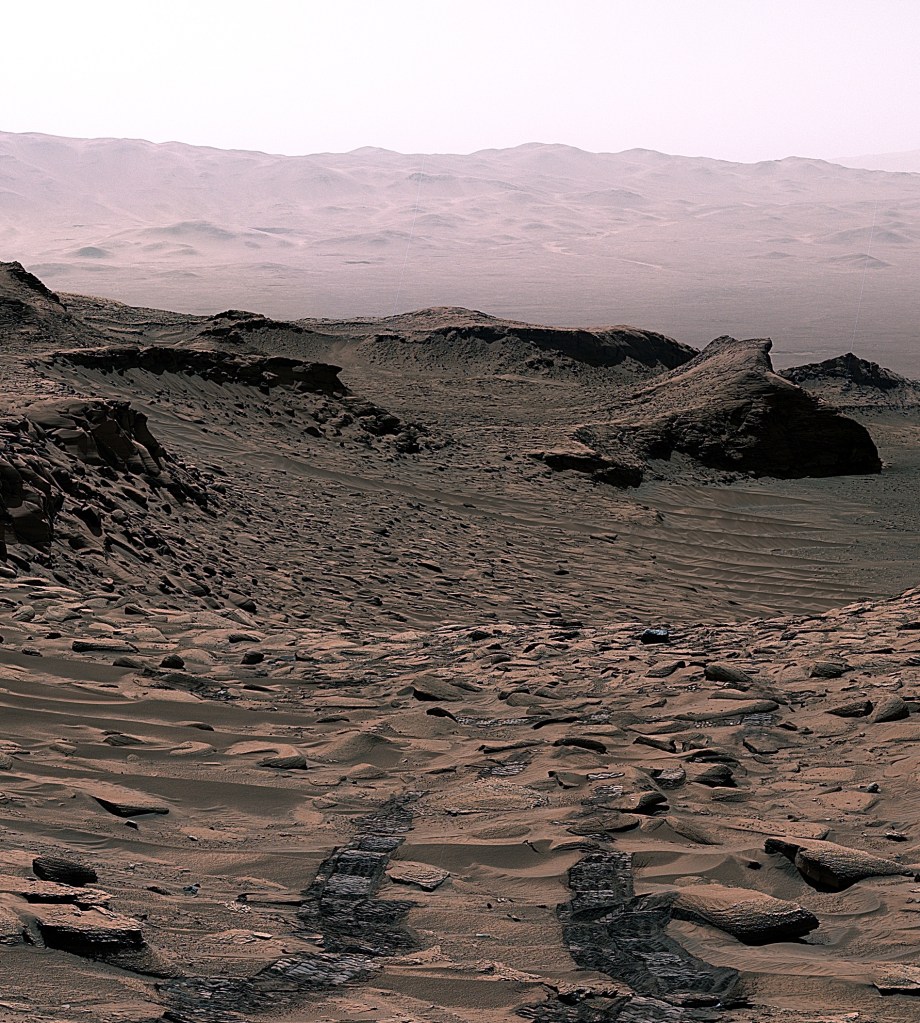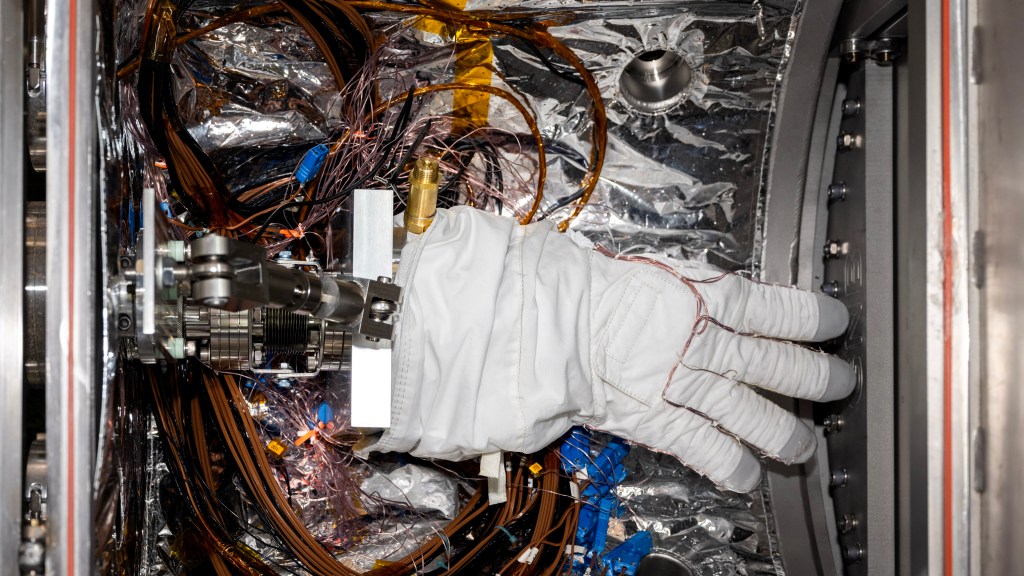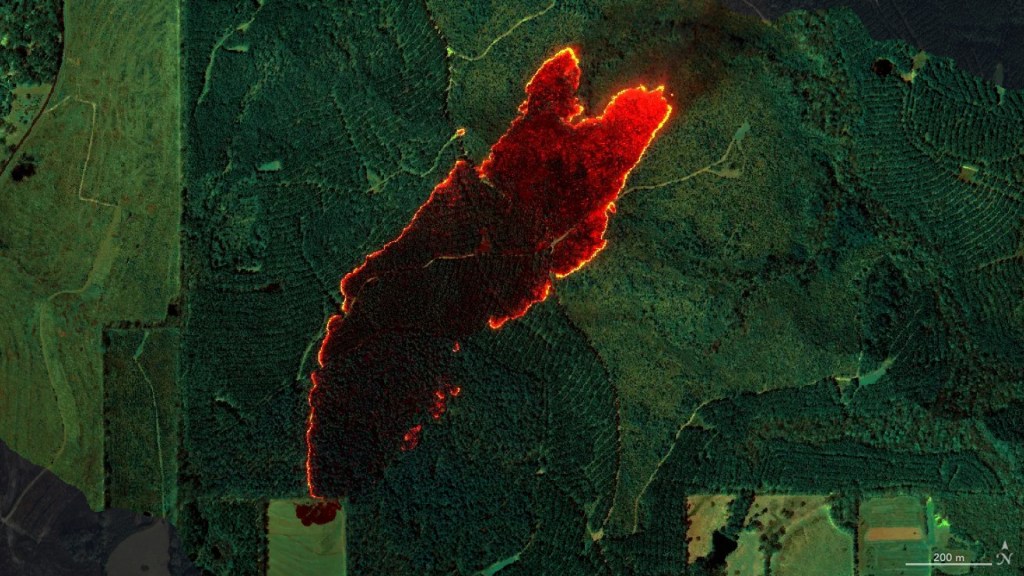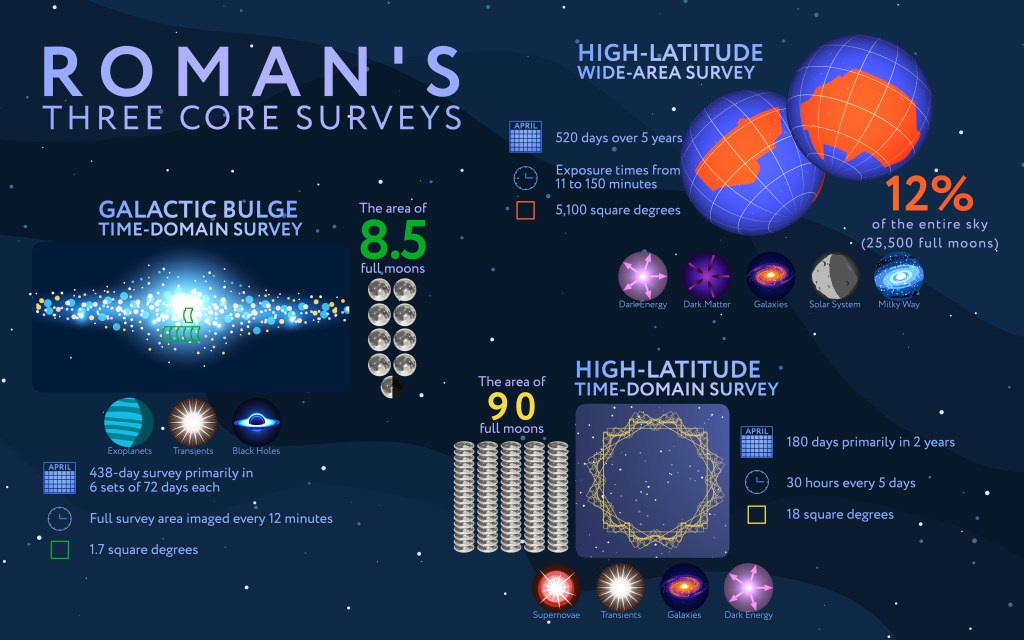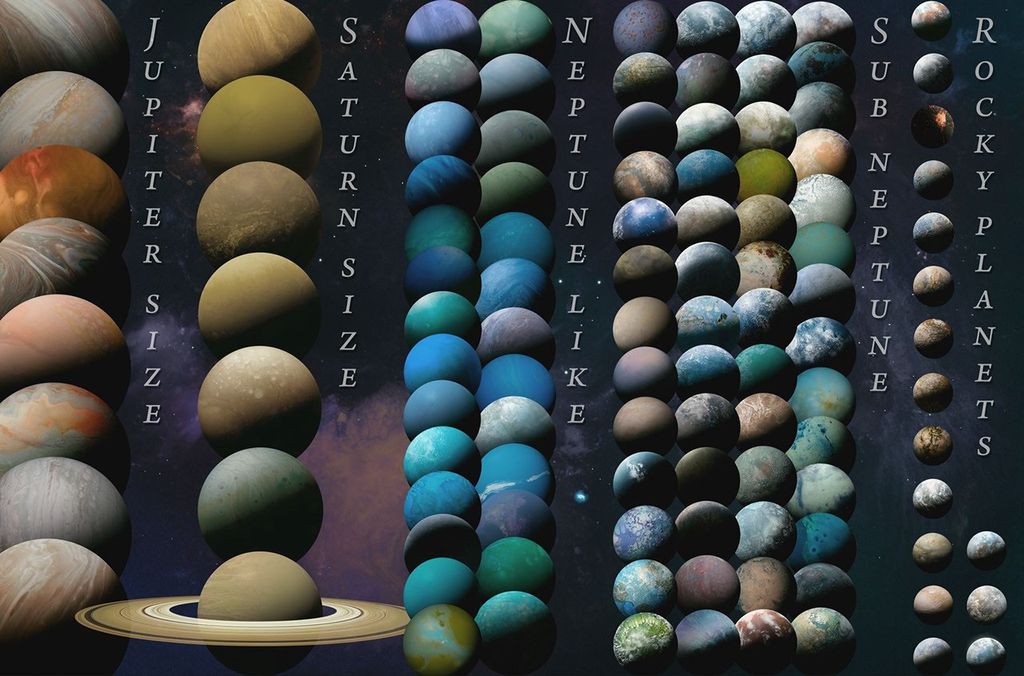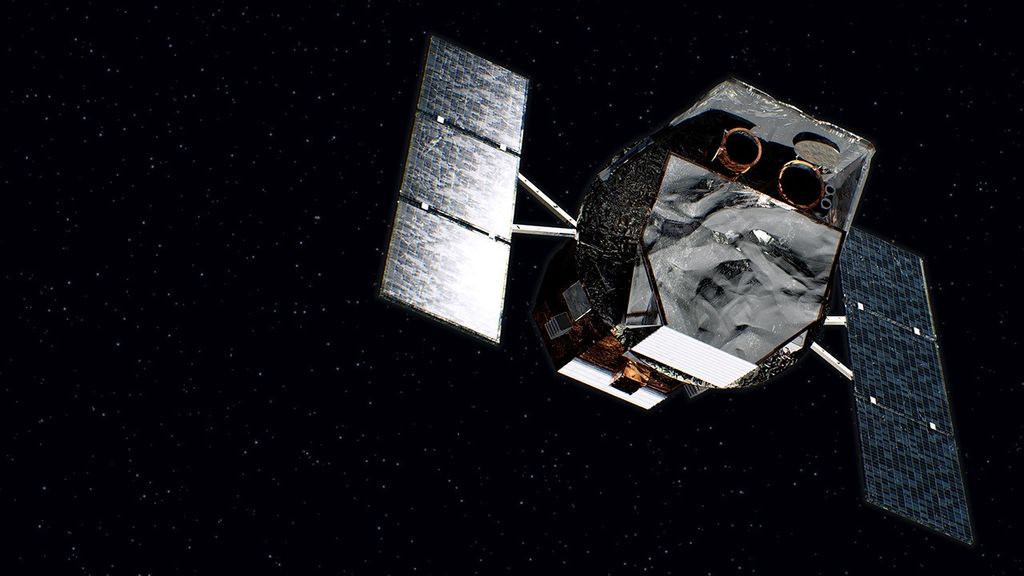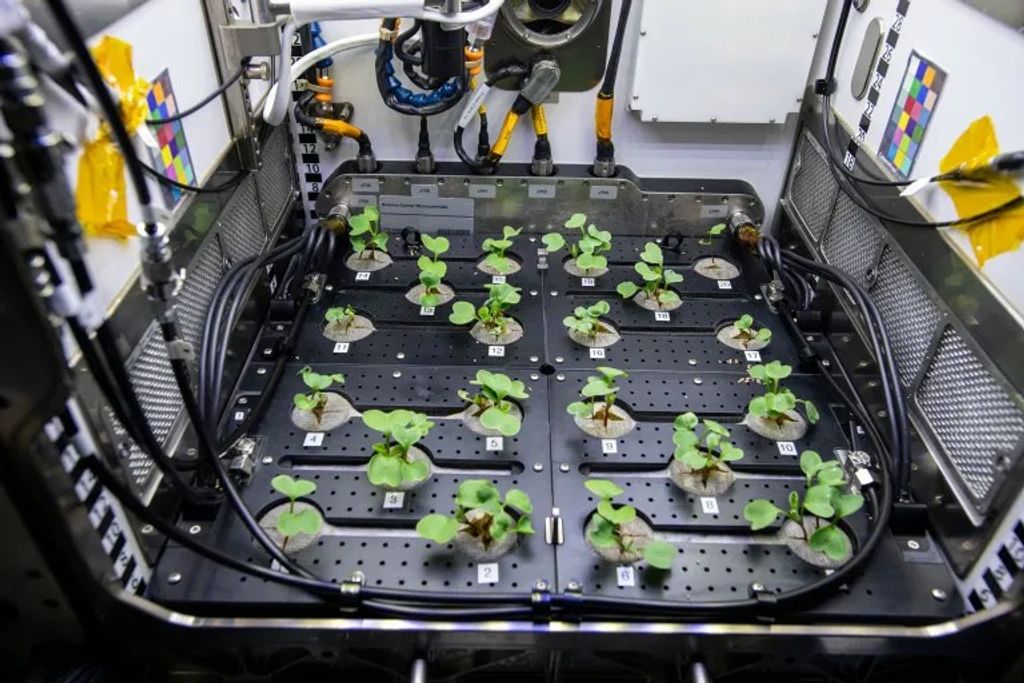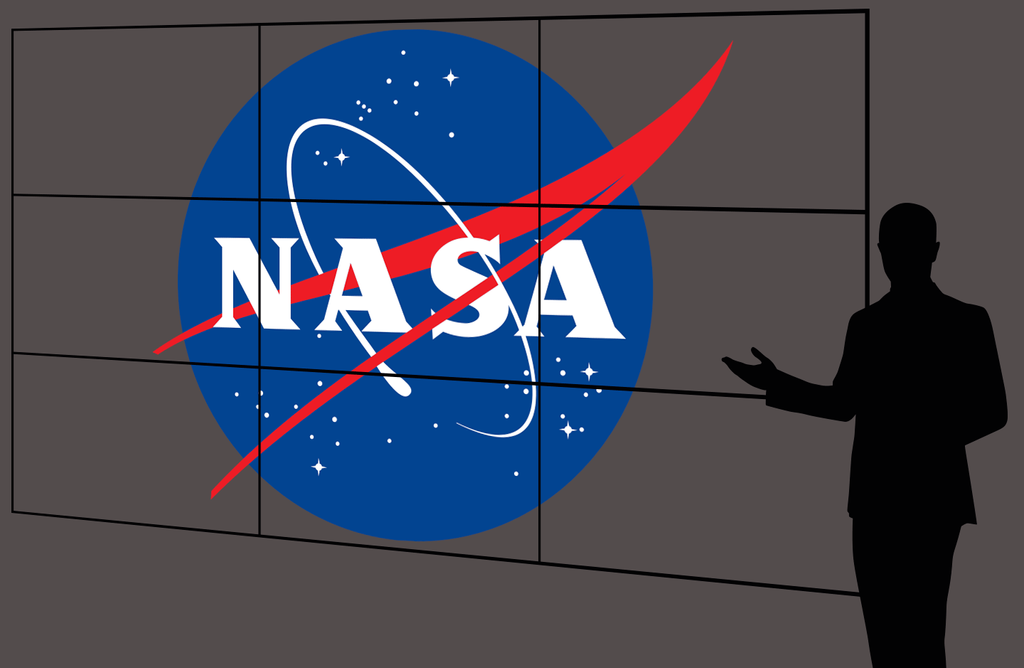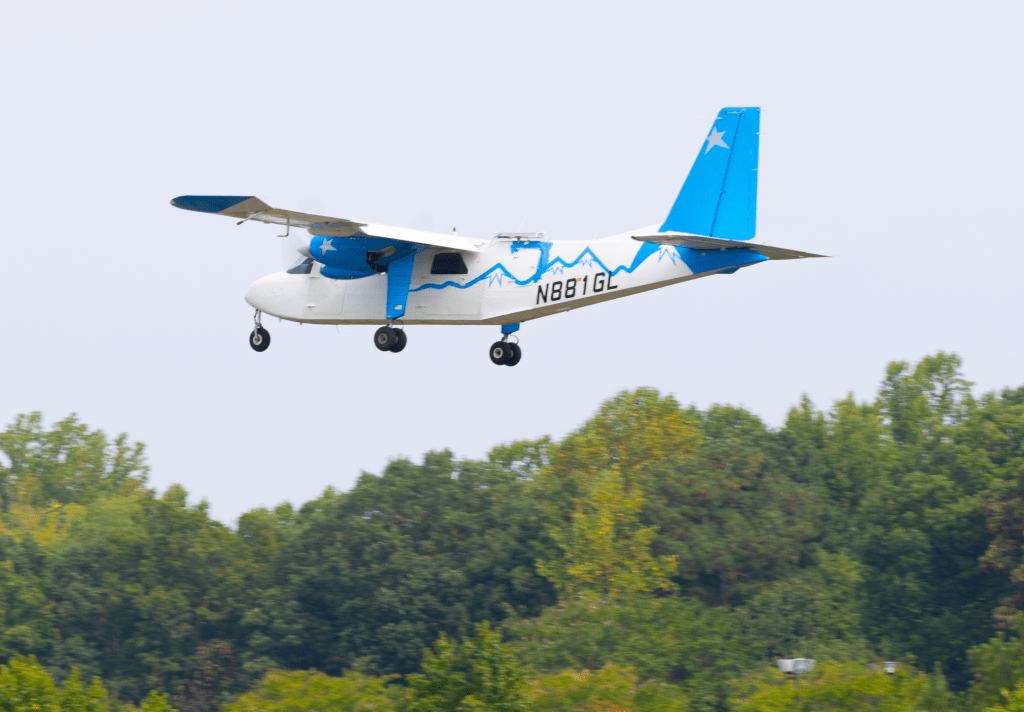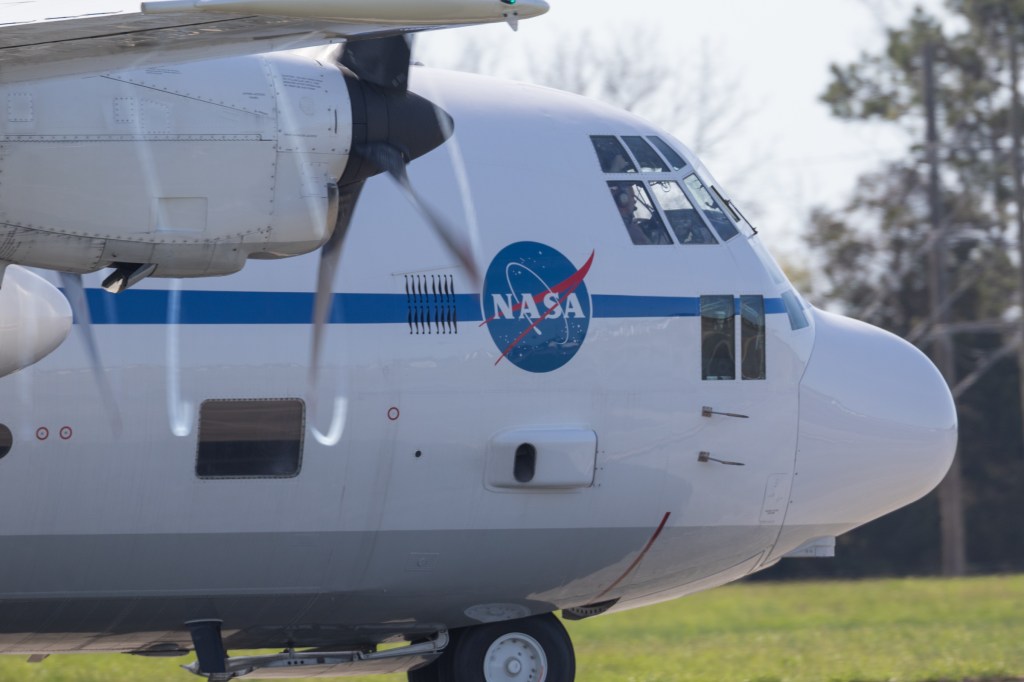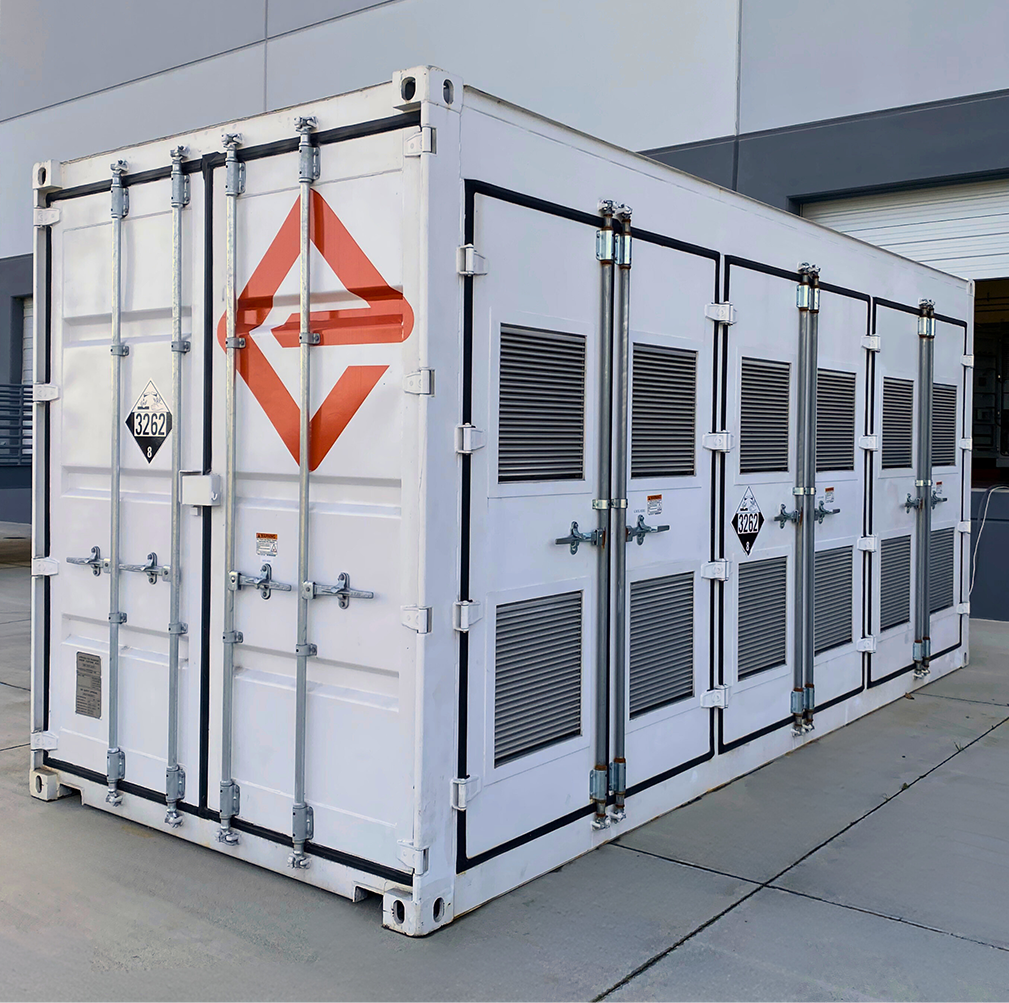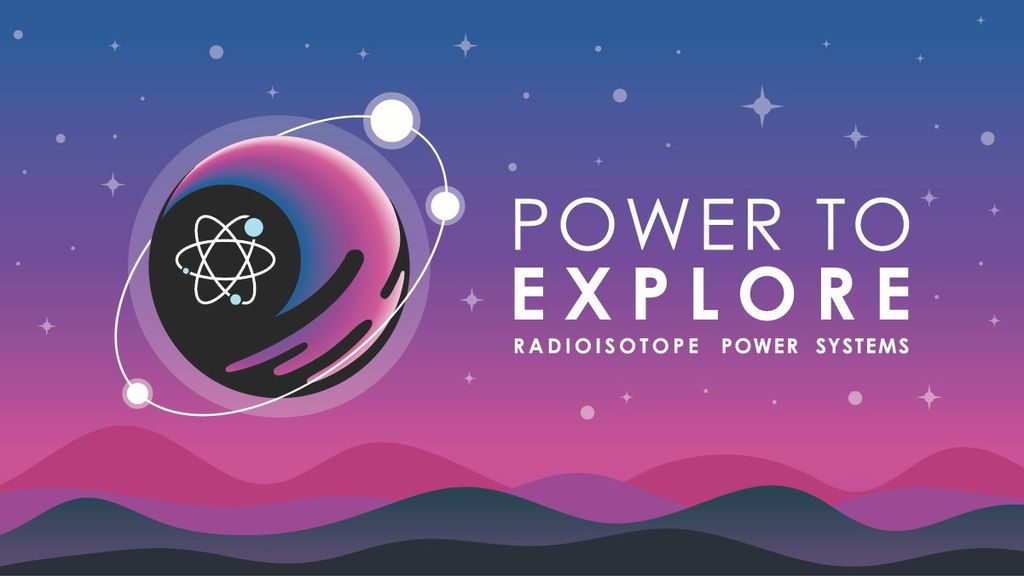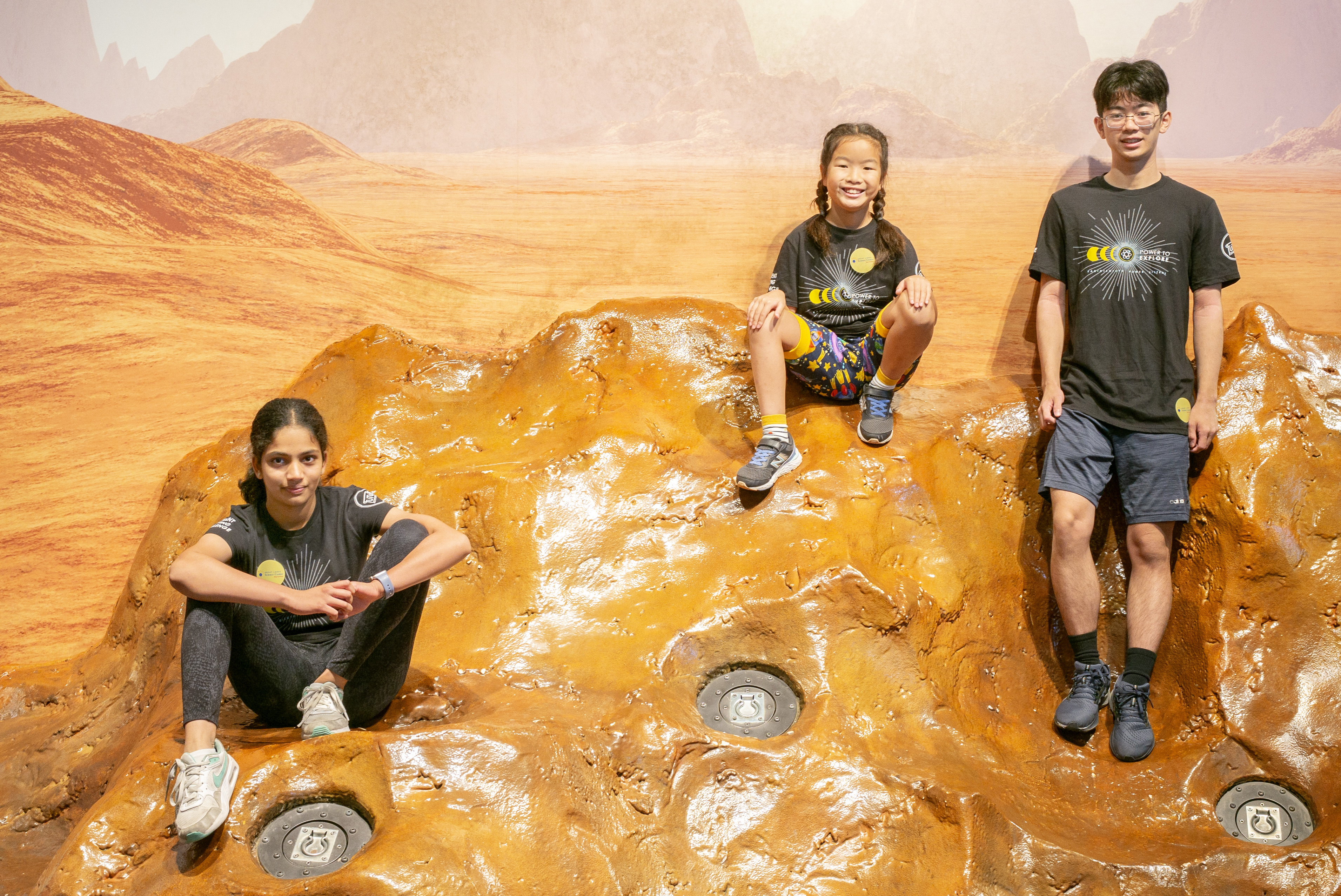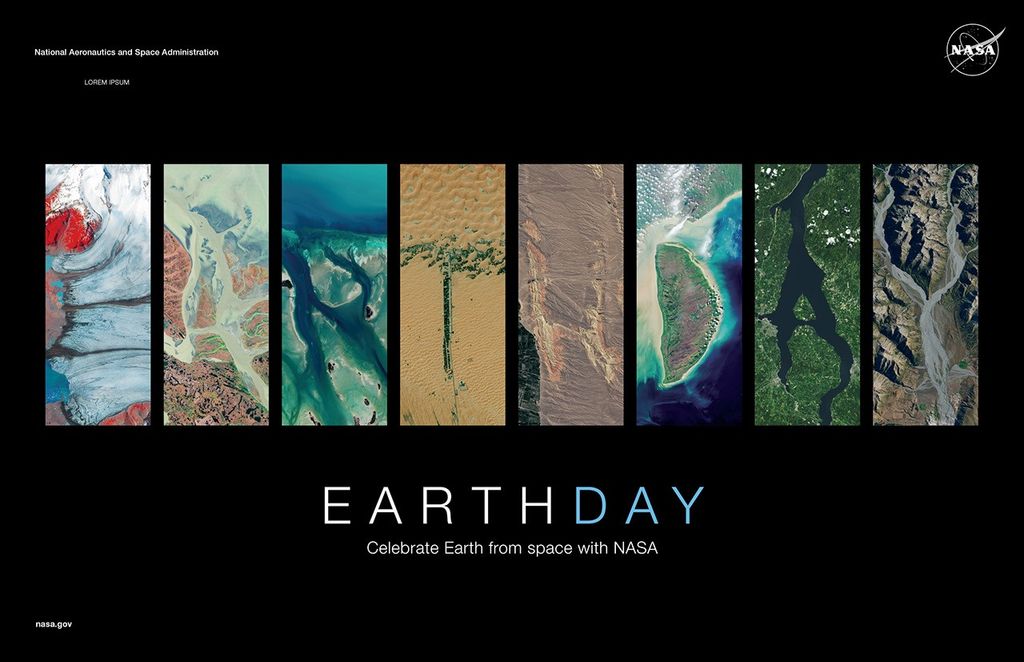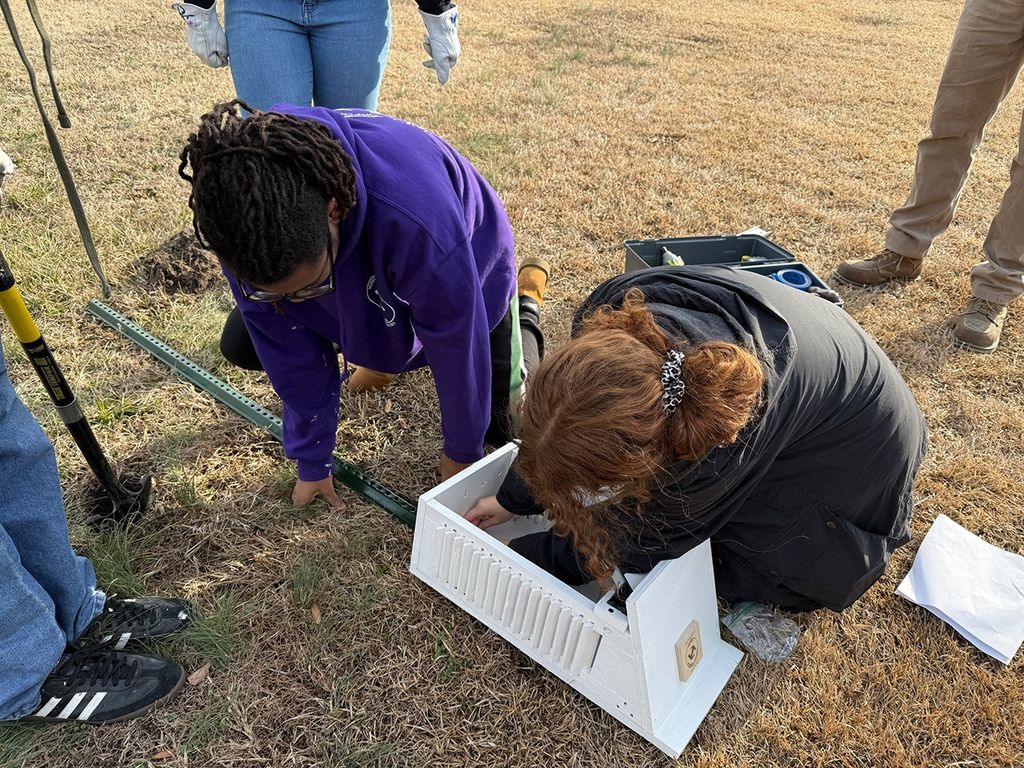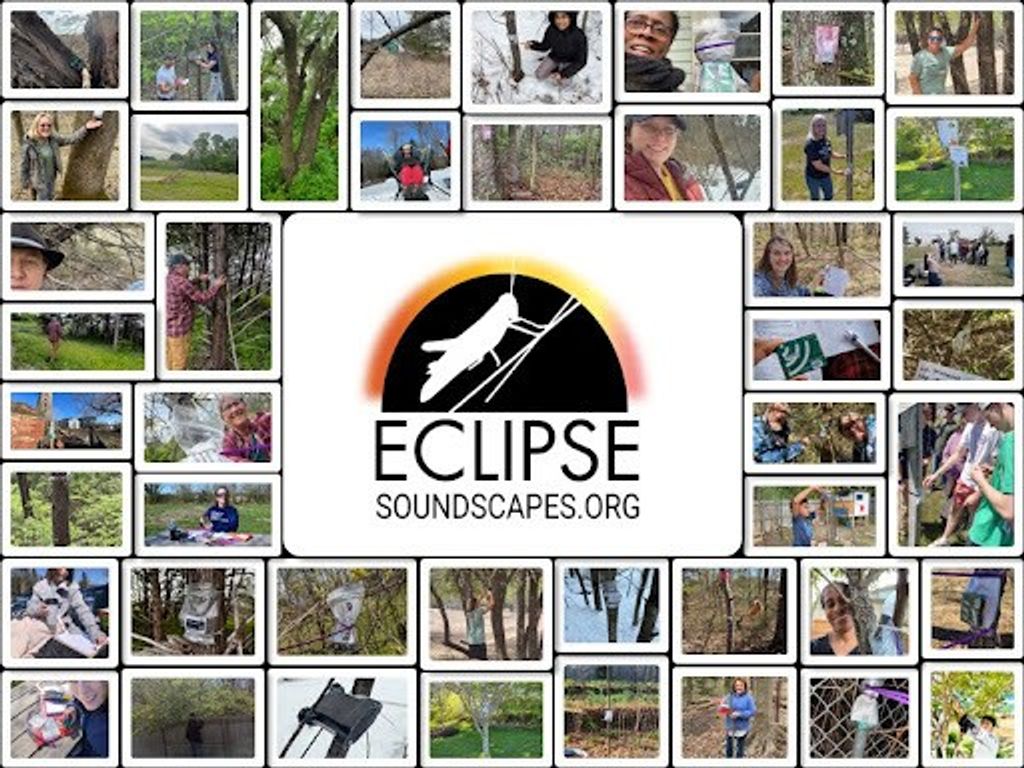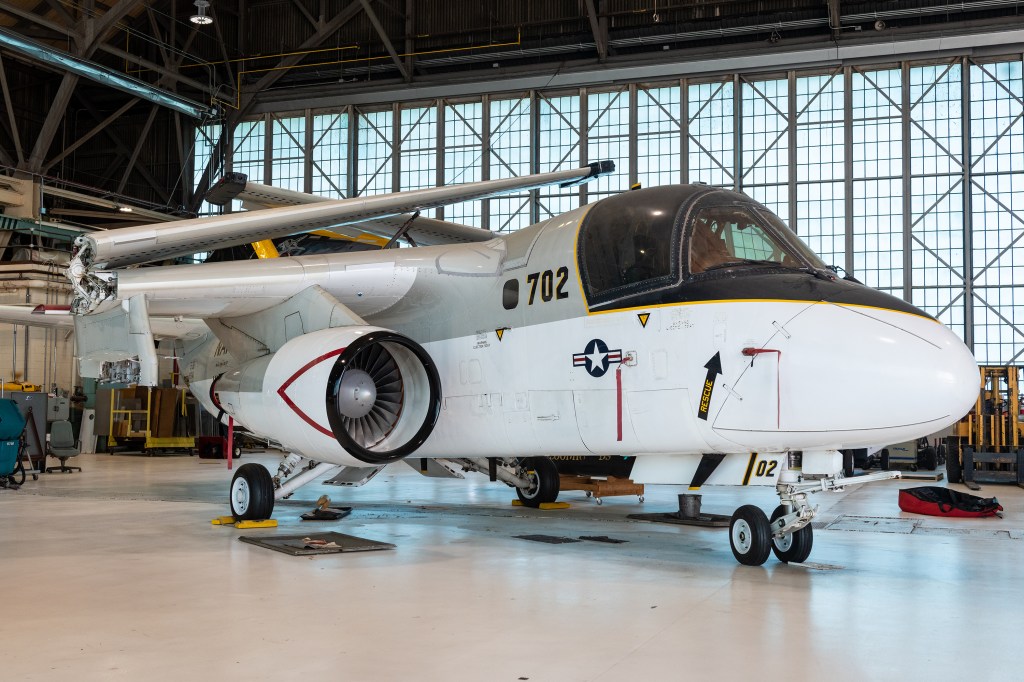Lelia Vann
Contents
Personal Essay
Like so many other children who sat in front of a television to watch Neil Armstrong walk across the moon, I too dreamt of becoming an astronaut.
As it turns out, motion sickness makes becoming an astronaut pretty difficult. Learning more about yourself – both your strengths and weaknesses – can really alter your path in life.
When I was child growing up in Alabama, my mother, who is Japanese, didn’t speak or write English very well. I often felt frustrated that I looked different than everyone else, and that I had to translate and help her with simple things, like writing checks.
Seeing her dependence on others made me believe that I needed to do everything I could to be independent and self-sufficient. My parents could only pay for one child to go to college, so they chose to fund my brother’s education.
It was my knack for math and the encouragement of two high school teachers that lead me to apply for a scholarship and go to college. On a Friday in 1980, I graduated with a bachelor’s degree in mathematics and engineering. That following Monday, I began performing analyses for the space shuttle at NASA’s Marshall Space Flight Center.
For many years after that, I moved at light speed. I pursued every opportunity that came my way, including taking advantage of a wonderful professional development program at NASA. I took different positions, moving to NASA Headquarters and then to NASA Langley Research Center, pushing myself to be successful.
It wasn’t until I came to the Science Directorate at NASA Langley that I changed the way I viewed my life. The employees in the Science Directorate were really passionate about their work in a way that I had never seen before. Suddenly I stopped wanting to build and put instruments into space, and I started wanting to know why we sent these things into space.
Then I wondered, “Why does anybody really want to do anything at all?”
To gain control? To be better than somebody else? That is what I had been working toward…to be as different as my mother as possible.
But what about doing something because you cared? Cared about the people, the relationships, and the bigger impact of your work?
For decades, scientists at NASA have been building instruments to help people understand how our planet is changing so we can make it a safer place. Seeing that enthusiasm for making the world a better place reinforced to me that it is not worth being successful if you are doing it for the wrong reasons. It is good to pursue your dreams, but you must take the time to understand who you are and where you come from.
When I was younger, I realized I was not cut out to be an astronaut, and today, I understand even more about myself.
I know that what makes me happiest is seeing scientists collaborate and push themselves to be stewards of accurate Earth science data. I also know that I love seeing people rewarded for their hard work. And lastly, I know that my mother was and still is one of the strongest and successful people in my life, and she taught me the importance of being proud of who you are and where you come from.
Biography

For Lelia Vann, moving forward in her life meant stepping back from everything she had worked so hard to accomplish, and asking the big question: Why? She went from feeling the need to push herself toward professional development and success, to questioning what it was she was meant to do…and finding something she could truly care about. Ms. Vann discovered that passion and, today, she leads a team of approximately 400 NASA civil service and contractor employees that manage and mine vast Earth science data sets that help us understand how the Earth’s atmosphere is changing and how that affects things like pubic health, air quality, and national security. Previously, she performed ascent control system analyses for the space shuttle. Her career has been a journey – one of thoughtful consideration for herself as well as for others. And it’s a journey that she highly recommends. “It’s good to pursue your dreams, but you must take the time to understand who you are and where you come from,” she said. Ms. Vann received a BS in mathematics and engineering from Jacksonville State University, Alabama, an MS in Atmospheric Physics from University of Arizona, and a PhD in Atmospheric Physics from University of Arizona.


